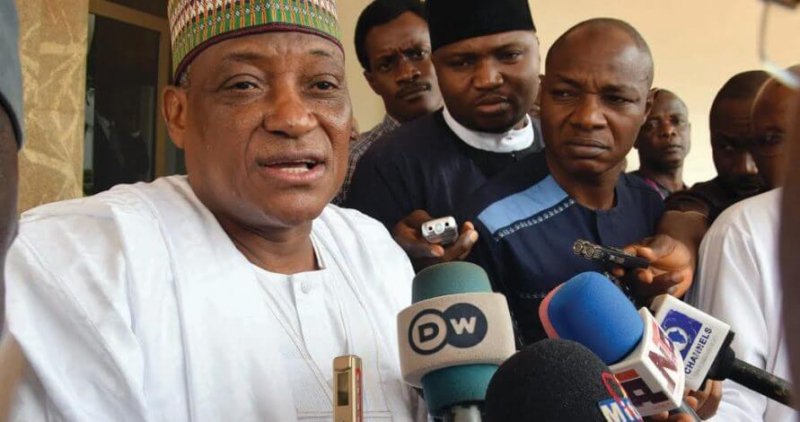By Prof Moses Ochonu
“Since Independence, we know there used to be a route whereby these cattle rearers use. Cattle rearers are all over the nation, you go to Bayelsa, you see them, you go to Ogun, you see them. If those routes are blocked, what happens? These people are Nigerians, it’s just like you going to block river or shoreline, does that make sense to you? These are the remote causes. But what are the immediate causes? It is the grazing law. These people are Nigerians, we must learn to live together with each other, that is basic. Communities and other people must learn how to accept foreigners within their enclave, finish!”
–Defense Minister, Mansur Dan-Ali, January 25, 2018.
Take a moment to digest this. This is Nigeria’s defense minister, speaking to reporters today after the security council meeting, not the spokesman of Miyetti Allah. He is echoing the official position of the government on the herdsmen issue.
The highlights of his rant are, 1) the remote cause of the problem is the “blocking” of grazing routes by farming communities, and 2) the immediate cause is the anti-open grazing laws passed by three states.
Absolutely no blame whatsoever on the armed herdsmen militia. They are the victims, the wronged side, according to Defense Minister Dan-Ali. The solution is not to mobilize the military might of the state to go after the armed herdsmen mass murderers. The solution for them is to urge to farming communities to grant the herdsmen unfettered access to grazing lands in their communities because according to him, “these people (herdsmen) are Nigerians.”
These are the people advising Buhari and shaping his attitude and response (or lack thereof) to the herdsmen violence. No wonder, Buhari told the Benue delegation that visited him to “in the name of God accommodate your countrymen.” That is what he and his inner circle and security team believe to be the problem: the failure of Benue and other states to accommodate the herdsmen. Herdsmen must be “accommodated” for peace to reign.
This is what clannishness can do to a leader. It traps him in a bubble. It creates an incestuous, provincial world that reinforces the leader’s own preexisting parochialism and hubris. Clannishness blinds the leader from a broader reality, causing him to remain completely out of touch with what is really going on. It causes him to value above all else the deceptive but comforting narrative of kinsmen advisers who are moored to ethnic loyalty.

